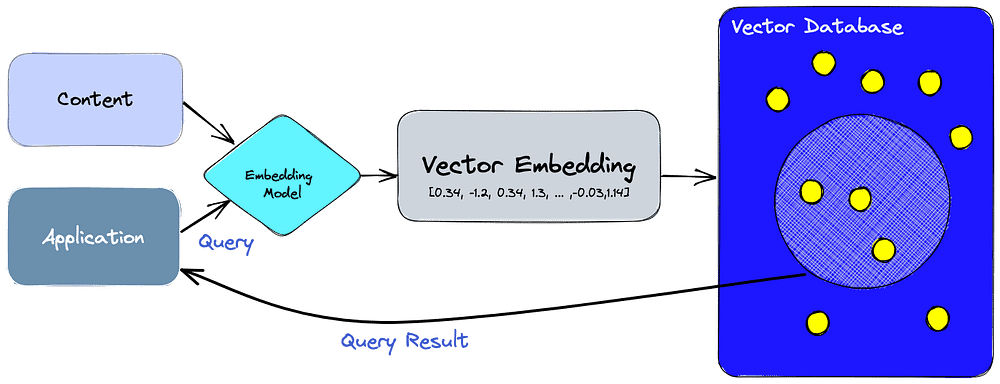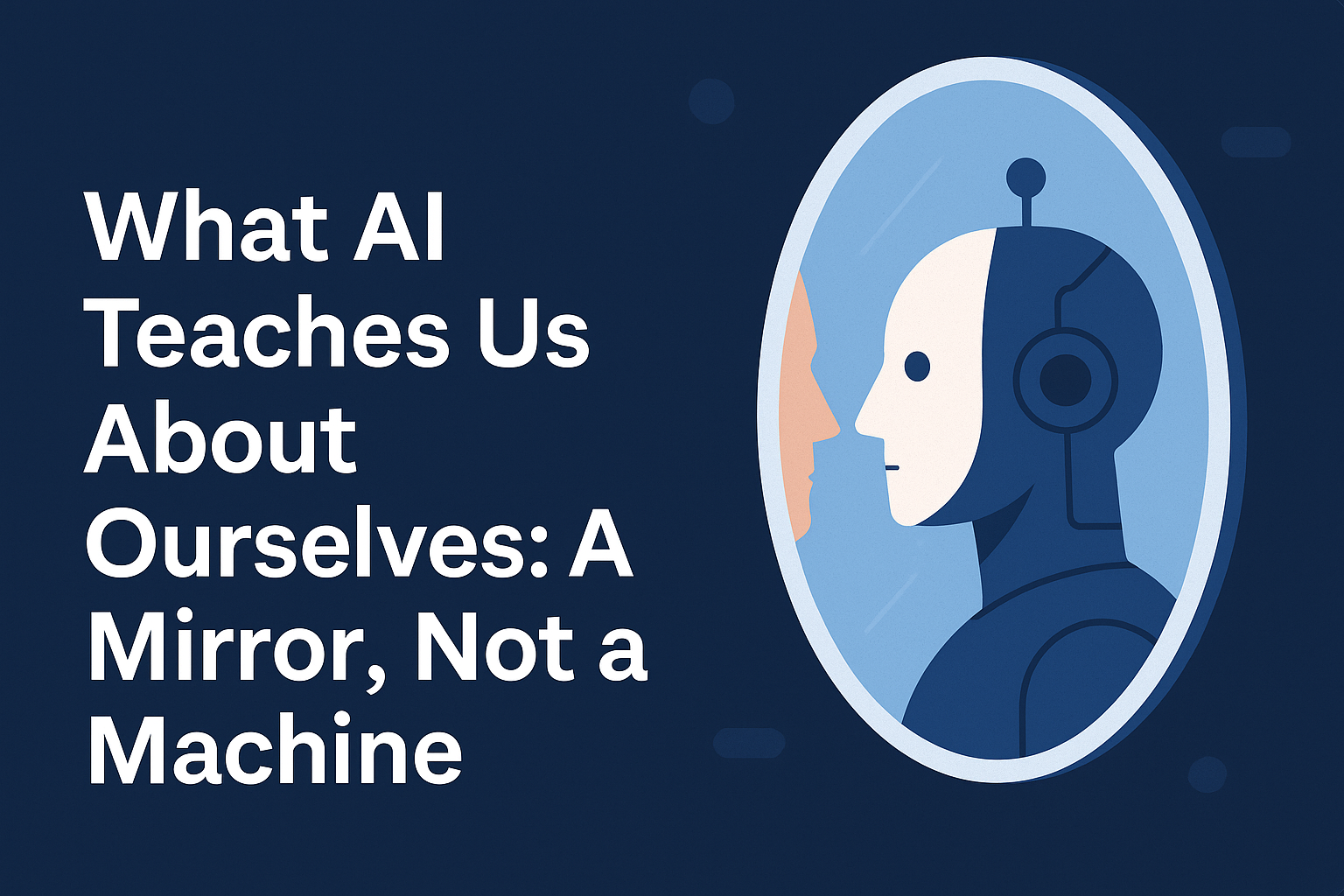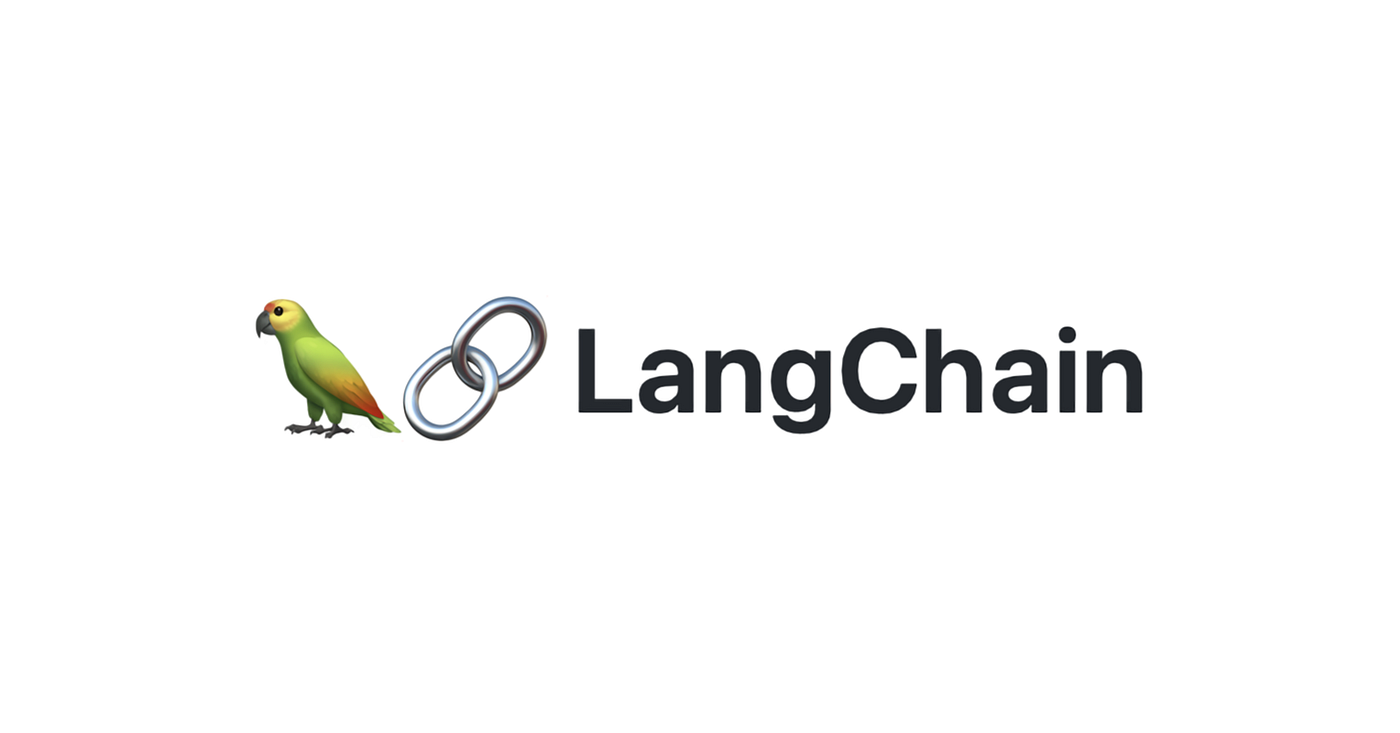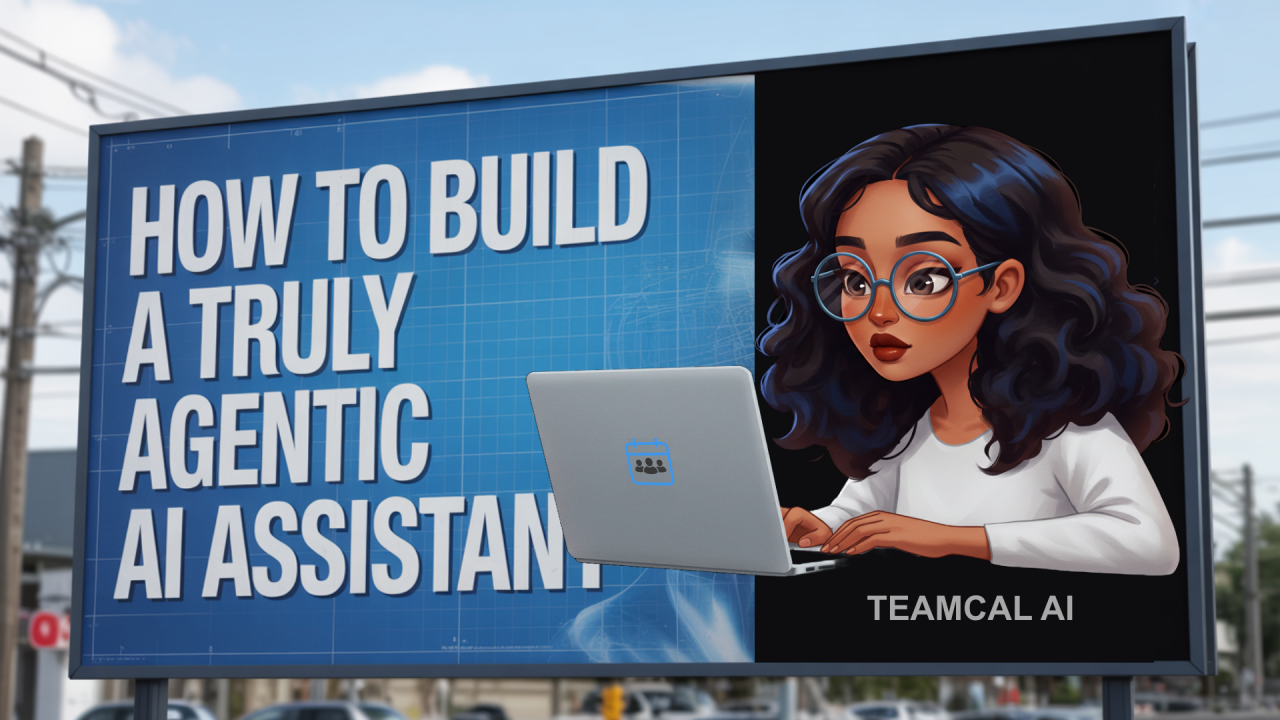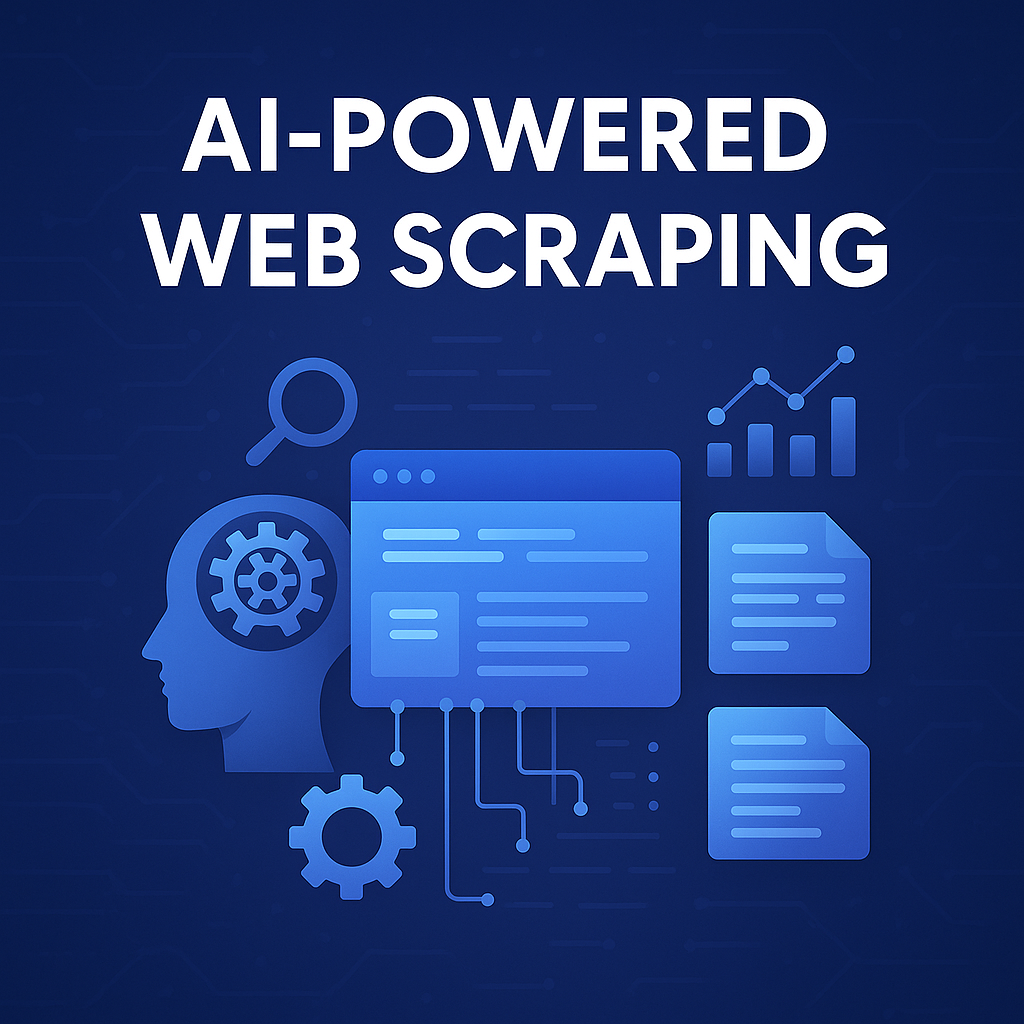Recent Posts

Addiction in a World of Endless Pleasure
Today, people can get addicted to almost anything. We usually think of addiction as drugs or alcohol, but it can also be things that seem “good,” like doing tons of LeetCode problems, going to the gym every day, or constantly checking your grades. The common point is not whether the thing looks good or bad from the outside. The real question is: who is in control — you, or the habit?
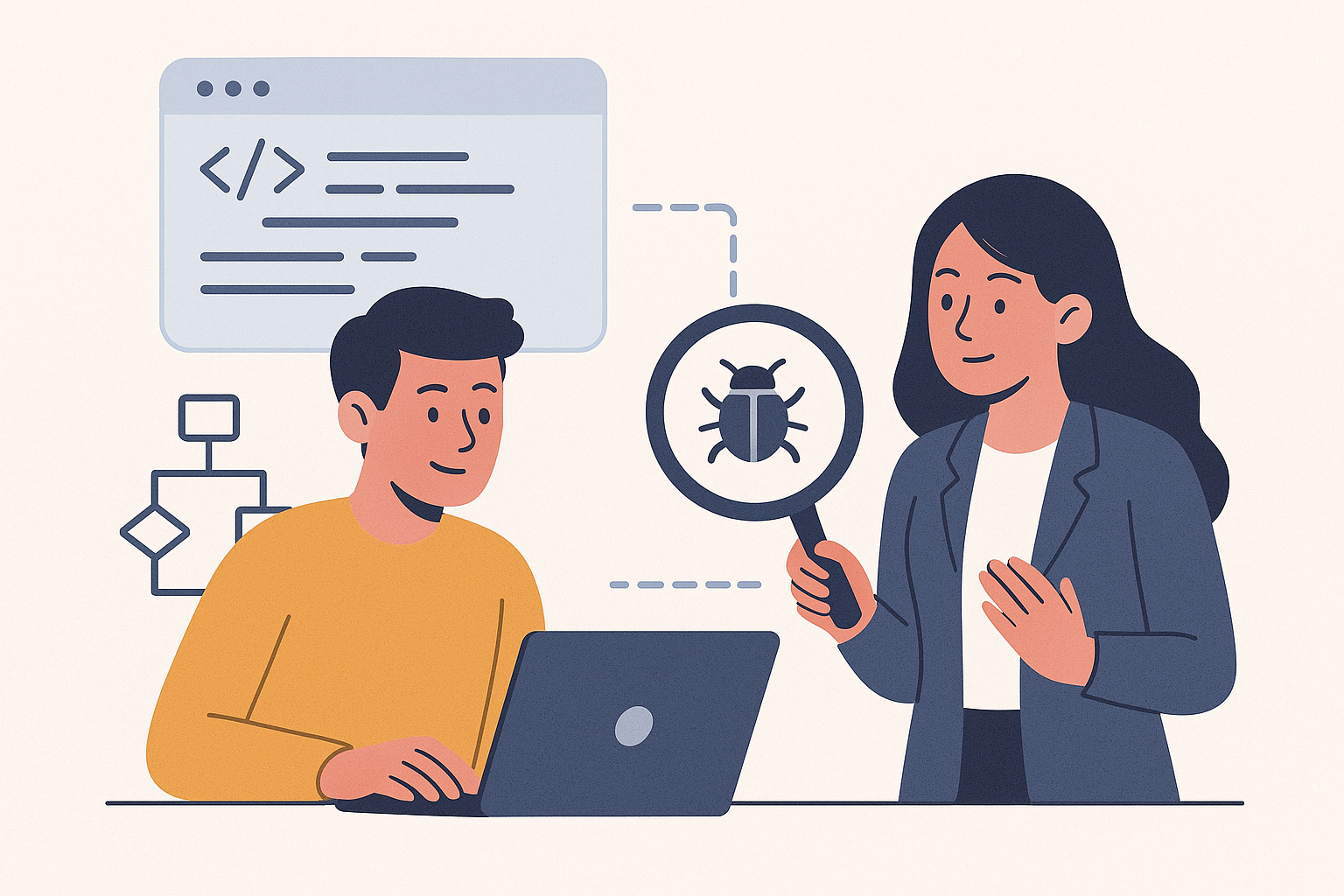
What Happens When QA Enters the Room Early
In most of the teams, QA comes into the picture only after the development work is "done." Testers receive the final build, run through edge cases, find bugs, and send everything back to the developers for rework. While this process can work, it often leads to unnecessary delays, missed edge scenarios, and last-minute firefighting before release. But when QA is involved from the very beginning of the Software Development Life Cycle (SDLC), the results are completely different. Early collaboration not only improves quality but also reduces development time, cost, and effort.

Meta’s AI Glasses: Cool Toy or Just More Digital Noise?
Meta just dropped its Ray Ban Display AI Glasses, promising to make your phone feel like a fossil. But this is what no one’s really talking about: for people with ADHD, or anyone who already struggles with attention, this might actually make life harder, not easier.

From Building Blocks to Masterpieces
Building with LEGO is more than a hobby — it’s a blend of creativity, problem-solving, and mindful relaxation. From robotics-inspired beginnings to intricate sets, LEGO offers both engineering challenges and meditative focus, teaching patience, design thinking, and curiosity. For the writer, each creation — whether a car, dragon, or Lamborghini — is a reminder of the joy and accomplishment that comes from bringing ideas to life, brick by brick.

Disney’s Balance of AI and Magic
Disney is cautiously adopting AI in entertainment, experimenting with tools like deepfakes and generative media but prioritizing creativity, ethics, and intellectual property protection. Unlike competitors racing to cut costs, Disney is testing AI carefully, rejecting uses that risk legal or creative integrity, and positioning AI as a supportive tool rather than a replacement for storytelling.

Embracing the Seasons of Life: Finding Joy in the Present Moment
A heartfelt reflection on the beauty of life’s seasons and the importance of being present. Just like nature shifts from summer’s warmth to winter’s stillness, every stage of life has meaning and lessons to offer. This piece is a gentle reminder to slow down, practice gratitude, and embrace the season you’re in before it passes.
